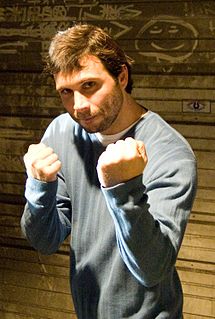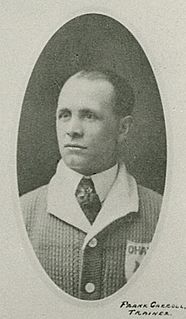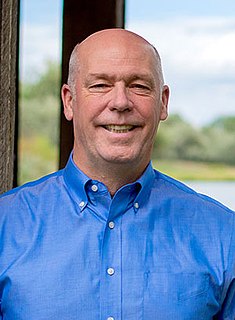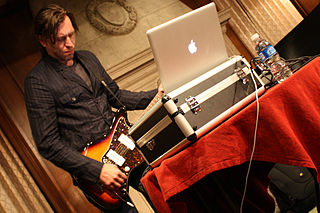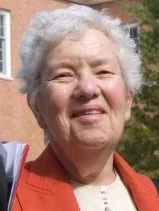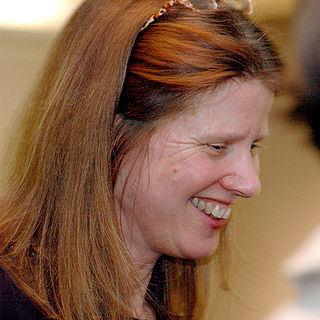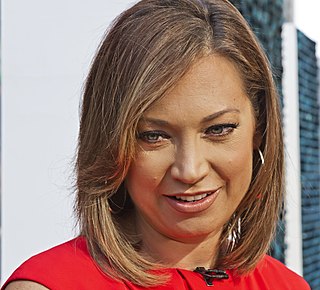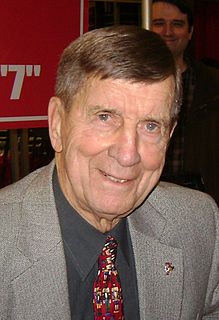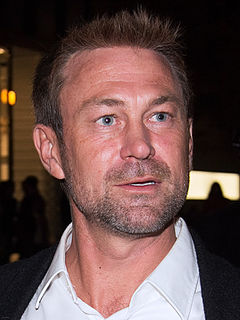A Quote by Jeremy Sisto
I had a lot of chaos in my very early years before I was old enough to know what was going on, and then I just skated through the rest of my childhood without dealing with it.
Related Quotes
I started playing guitar at the age of 8 or 9 years. Very early, and I was like already into pop music and was just trying to copy what I heard on the radio. And at a very early age I started experimenting with old tape recorders from my parents. I was 11 or 12 at that time and then when I was like 14 or 15 I had a punk band. I made all the classic rock musician's evolutions and then in the early nineties I bought my first sampler and that is how I got into electronic music, because I was able to produce it on my own. That was quite a relief.
When I started acting in the film industry when I was 16 years old, in 1980, I was going to all the revival theaters in Los Angeles. They were playing mostly films from the '60s and '70s, some from the early '20s and '30s, before that Hays commission. Those films did question things a lot, and there definitely was a switch in 1934. You can see very distinctly in 1934, it's harder to understand what the real culture was. Films made before 1934, you can really kind of see the racism, sexism, drug use, etc. that was going on at that time. And then it was all stopped.
If the goal is to dramatically improve college completion rates, not college-going rates by itself but college completion, it's not just a college problem. We need a big focus on early childhood education. Our early childhood education system is pretty good in this country. Not enough students have opportunity. And, very discouragingly, they lose their advantage because they go to poor schools after that. So, let's focus on our babies.
The agricultural co-operative movement has been a severe ideological and political struggle from the very beginning. No cooperative can be established without going through such a struggle. Before a brand-new social system can be built on the site of the old, the site must be swept clean. Invariably, remnants of old ideas reflecting the old system remain in people's minds for a long time, and they do not easily give way. After a co-operative is established, it must go through many more struggles before it can be consolidated. Even then, the moment it relaxes its efforts it may collapse.
I felt I had a very innocent childhood and I feel privileged by that. But as an adult, I know that there were people who didn't have that. There are a lot of teens who haven't had as easy a childhood as me, and having literature that explores these "darker" parts helps relieve the burden and stress they may be feeling. As a writer, there is often a temptation to draw back when we write for teens - to preserve their innocence. But the reality is, if someone has already had that innocence taken in their life, then not writing about it is just brushing it under the rug.
I just always loved comedy and I really wanted to be good at it. And it was heartbreaking, 'cause I started and I wasn't good at it. I was only 17-years-old, so I had a lot to learn about life in general. But I just kept on trying. I was young enough and stupid enough and I had no other choice. I had nothing else I was good at.
Strangely enough, I find myself more centered in chaos than in calm, and again I'm not sure whether that's a strength or says something weird about me, but I love a crisis. I'm normally very, very organized in the middle of chaos, and then when I have nothing to focus on, extremely disorganized, and I tend to waste a lot of time.
